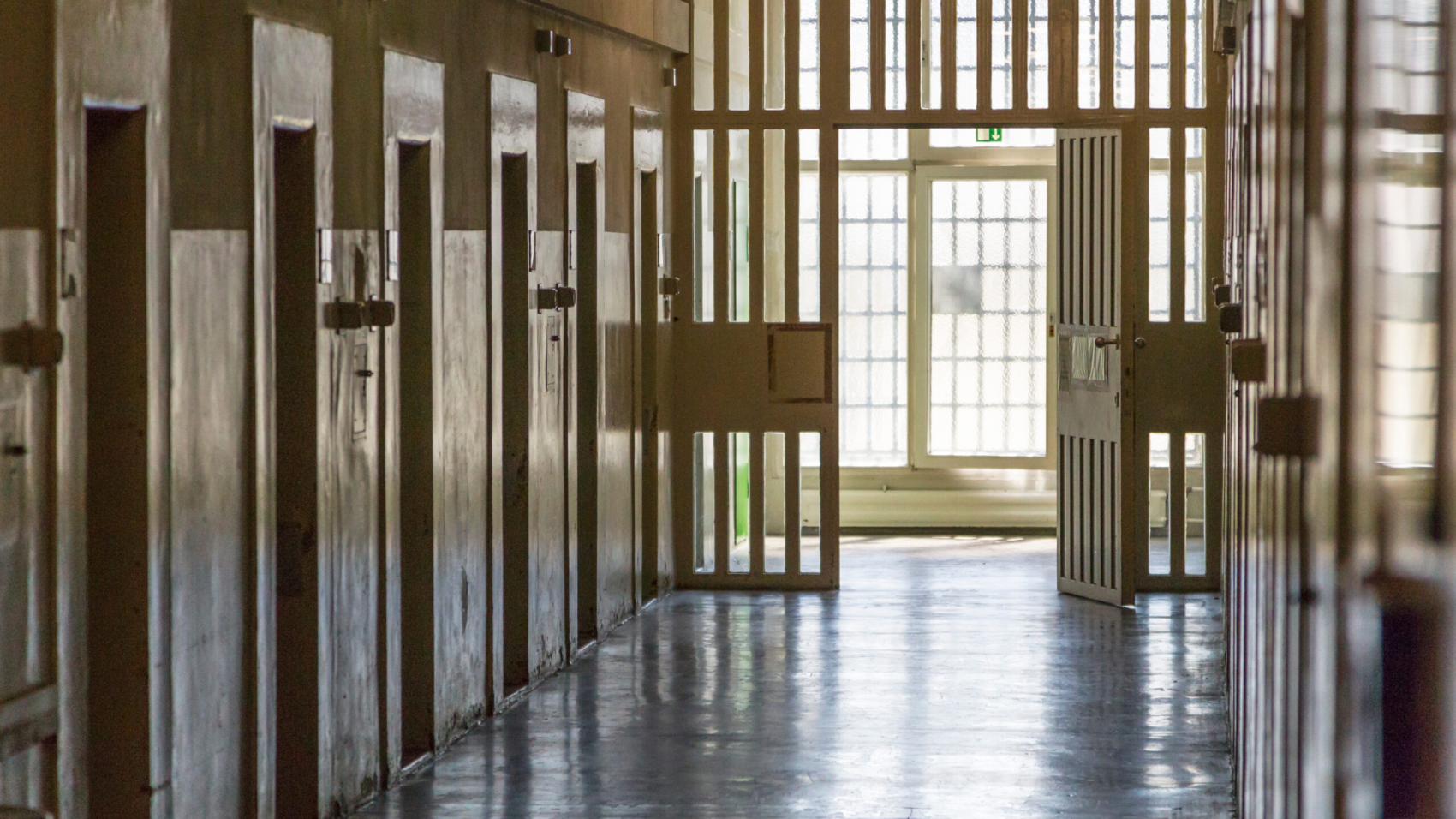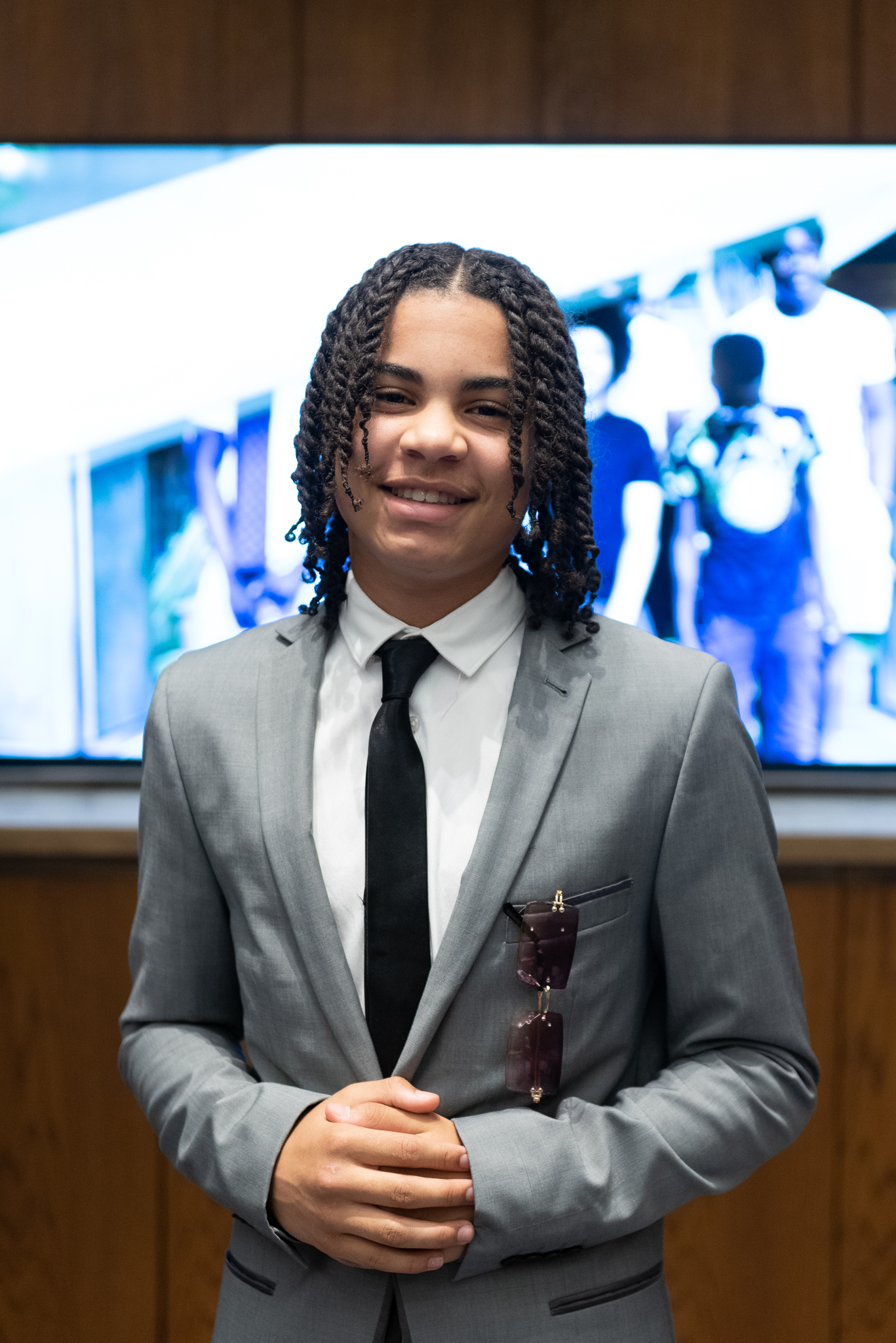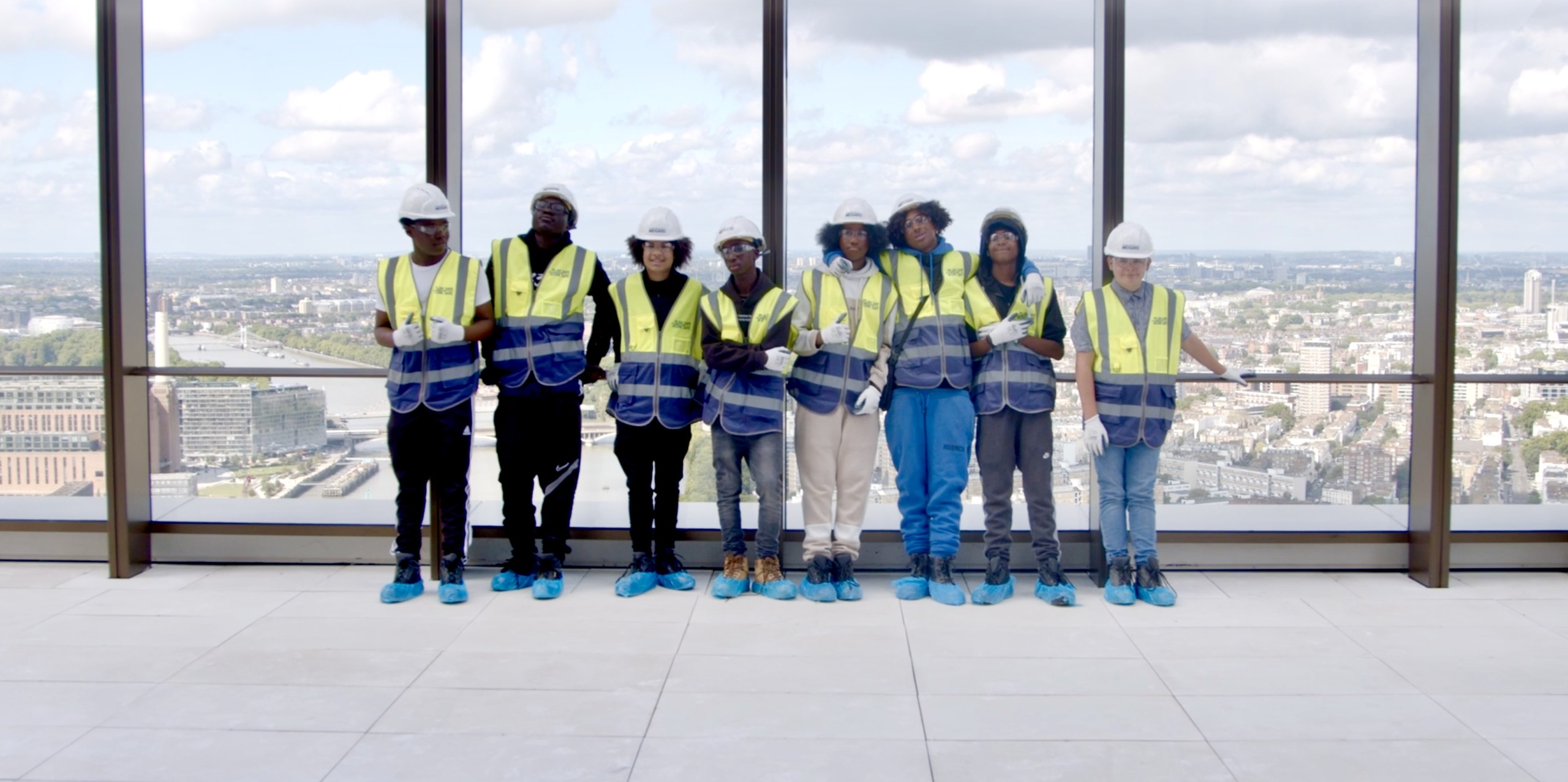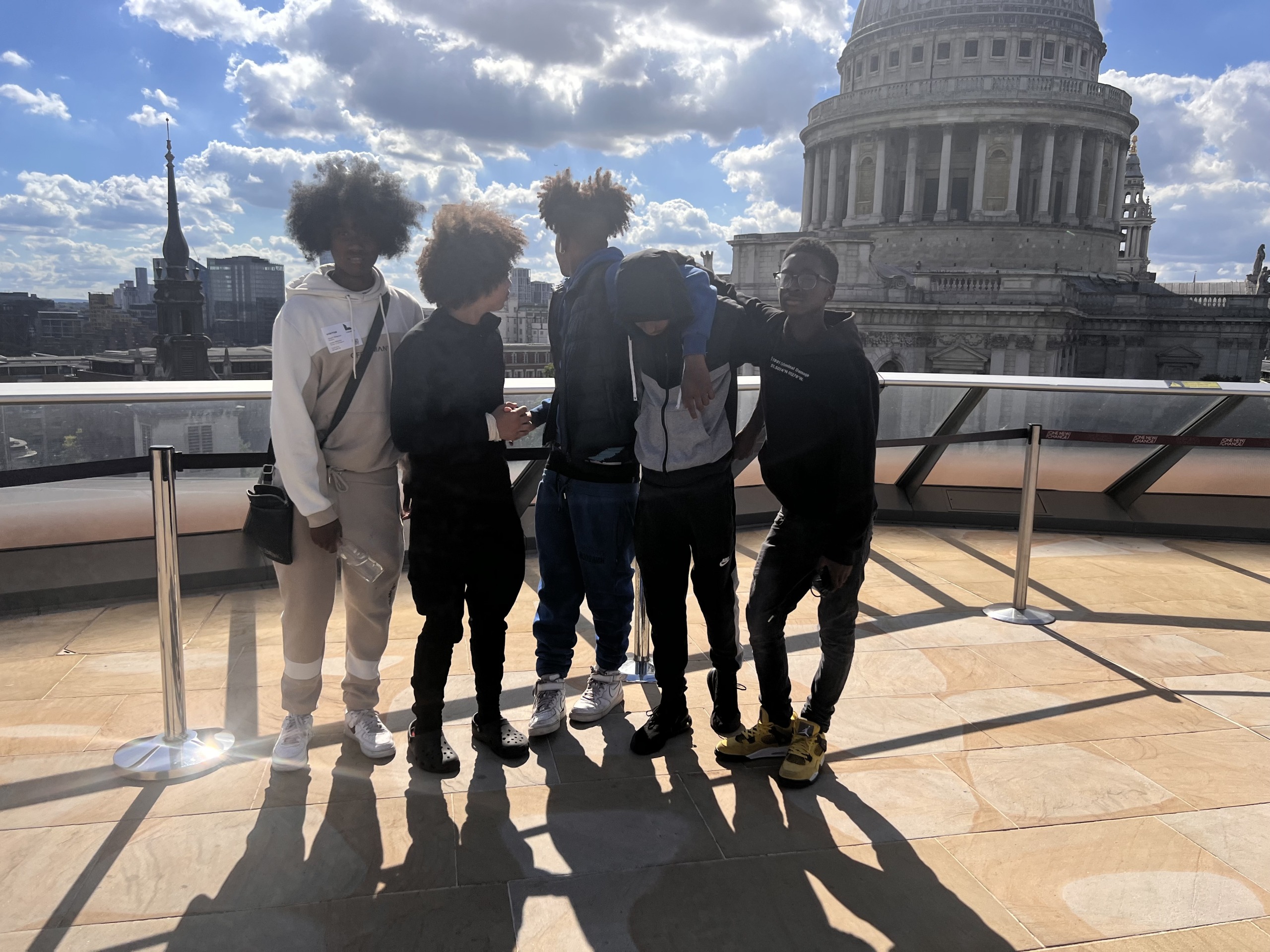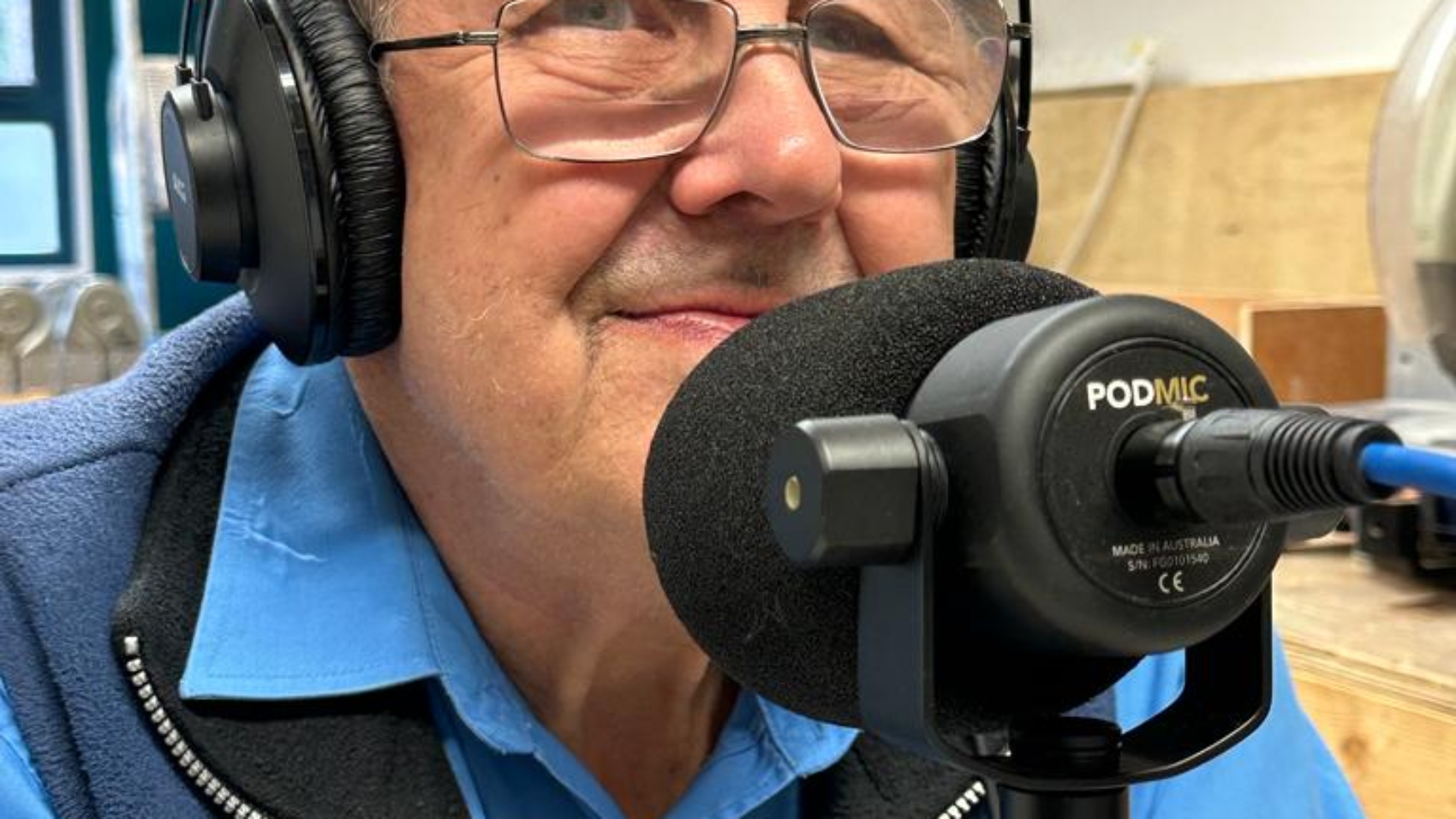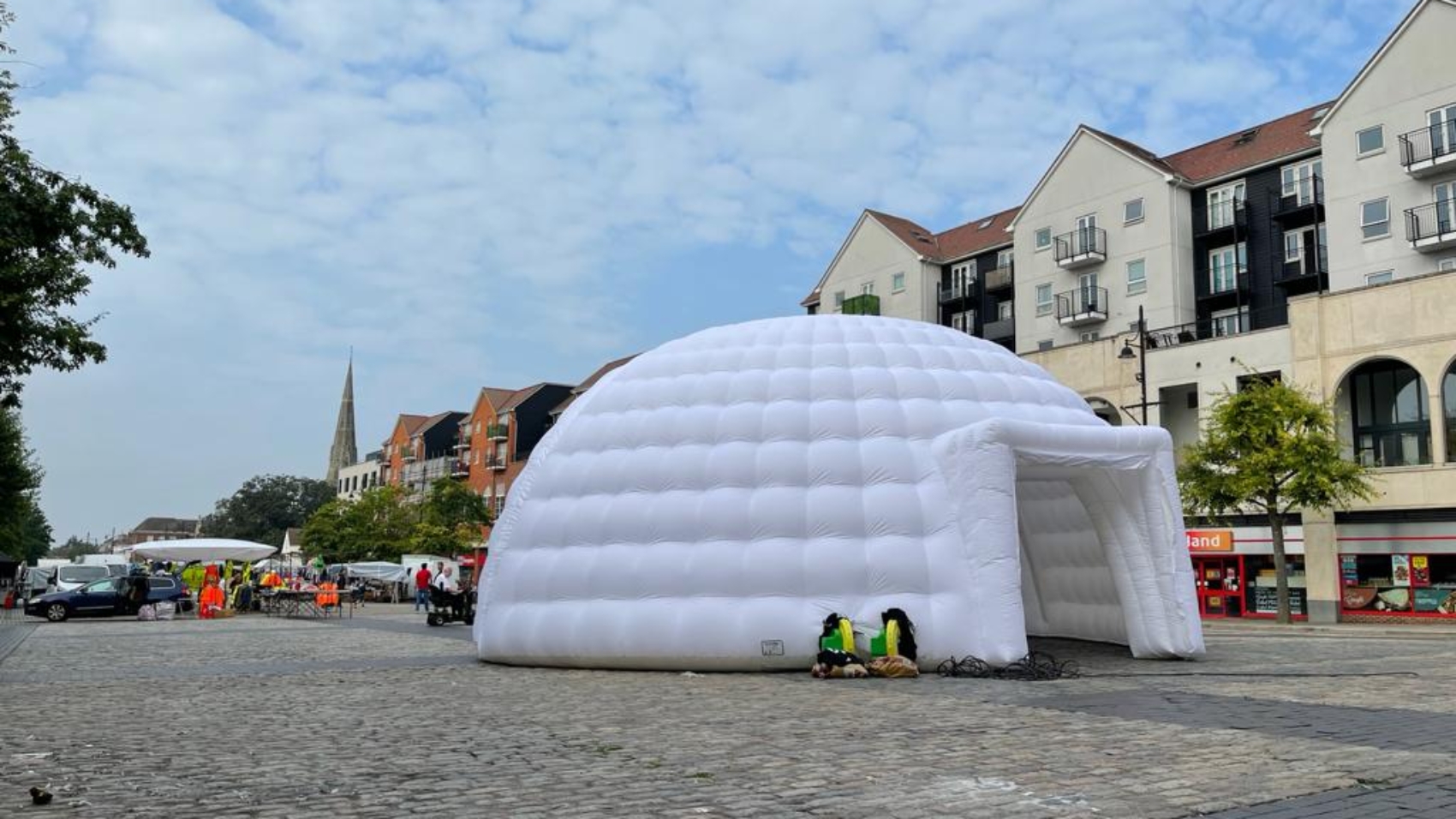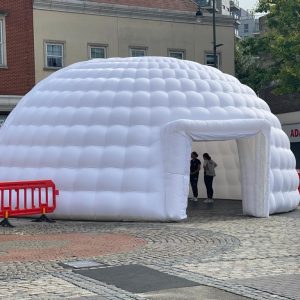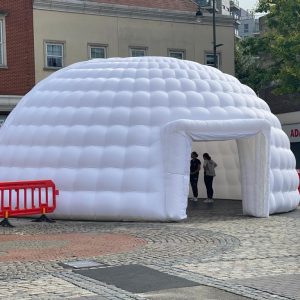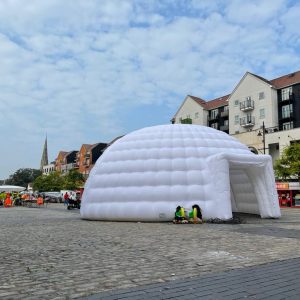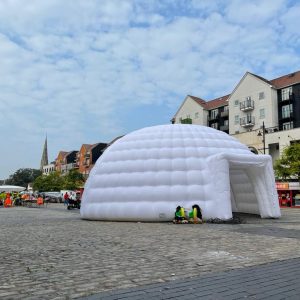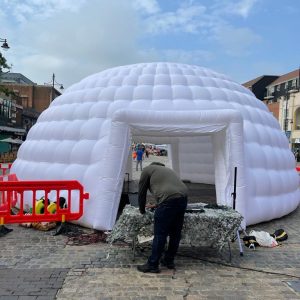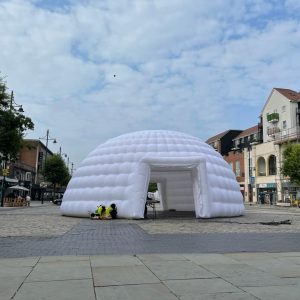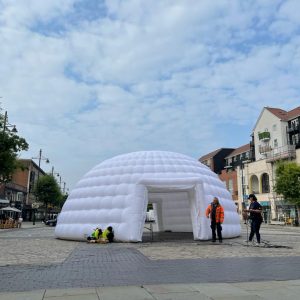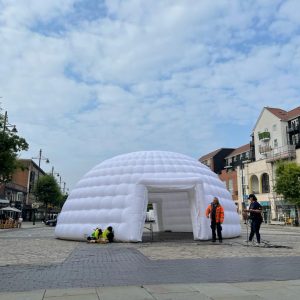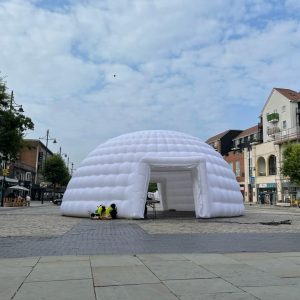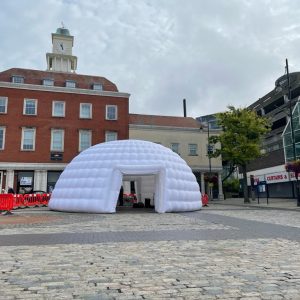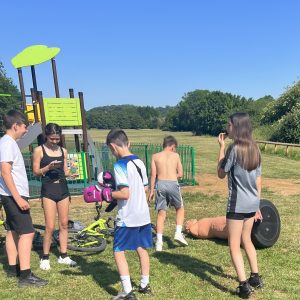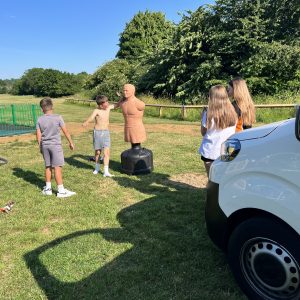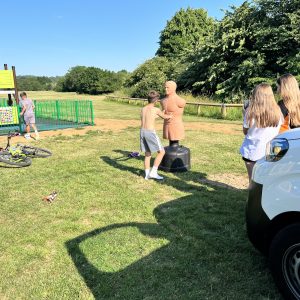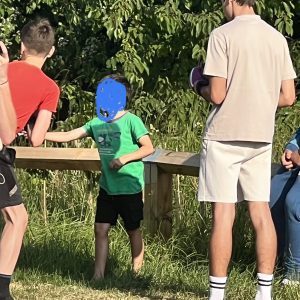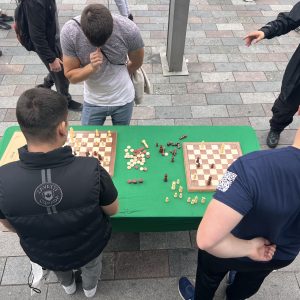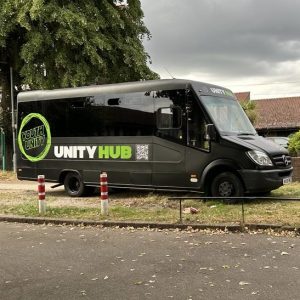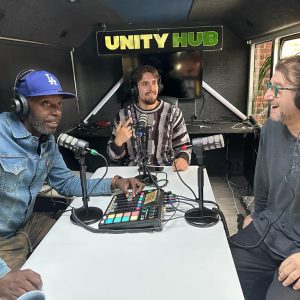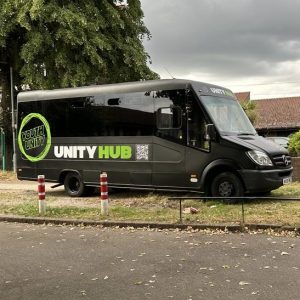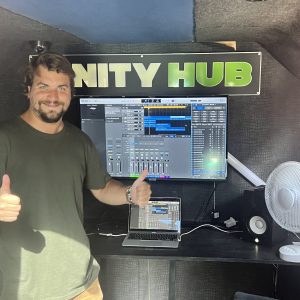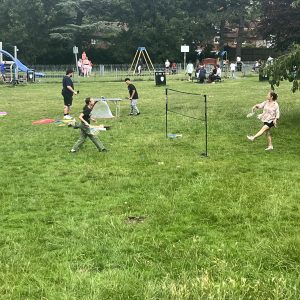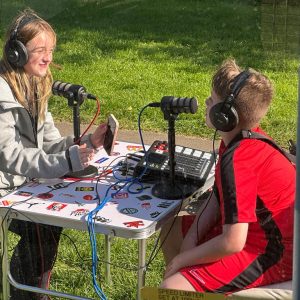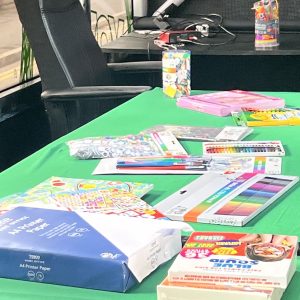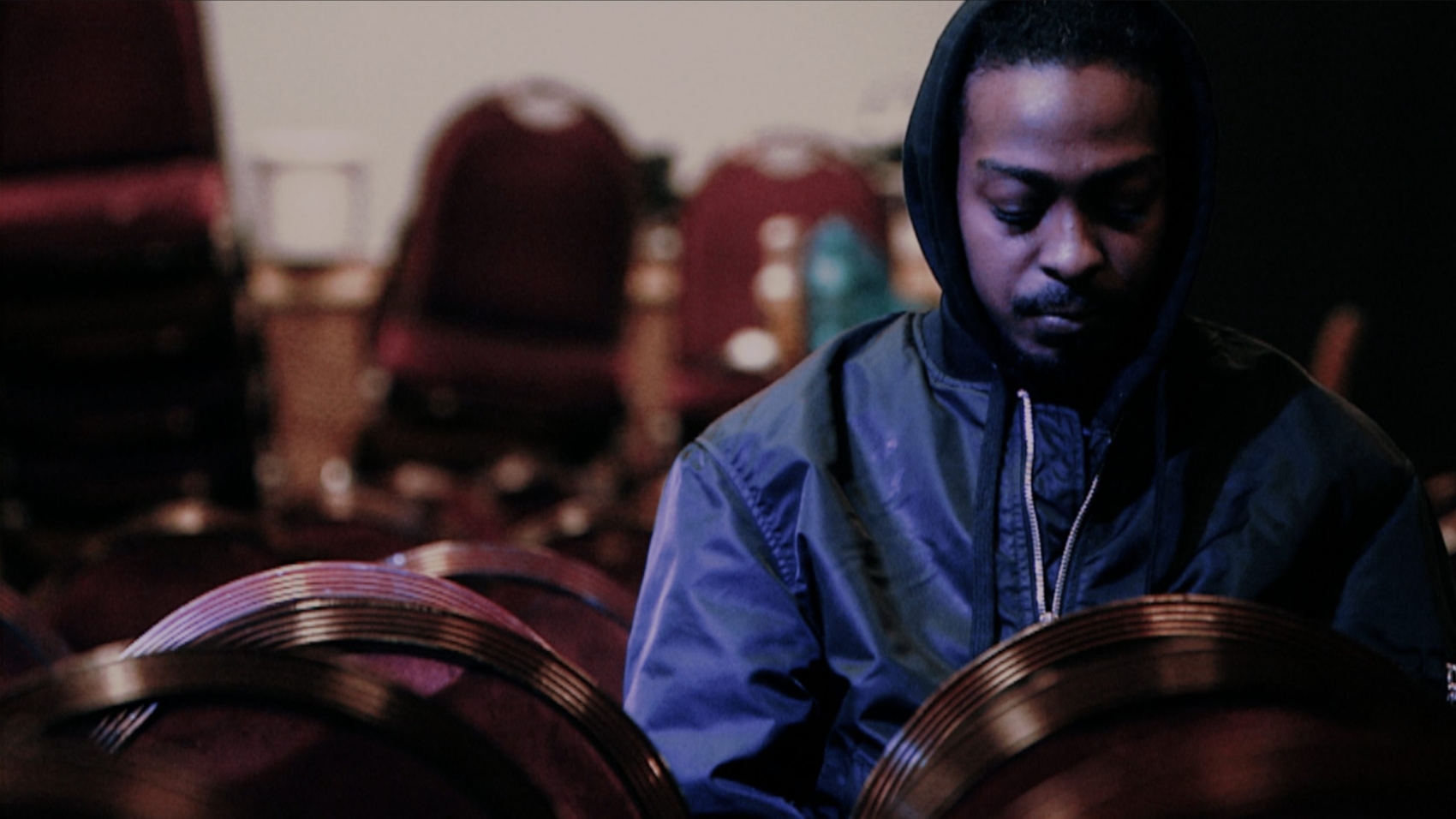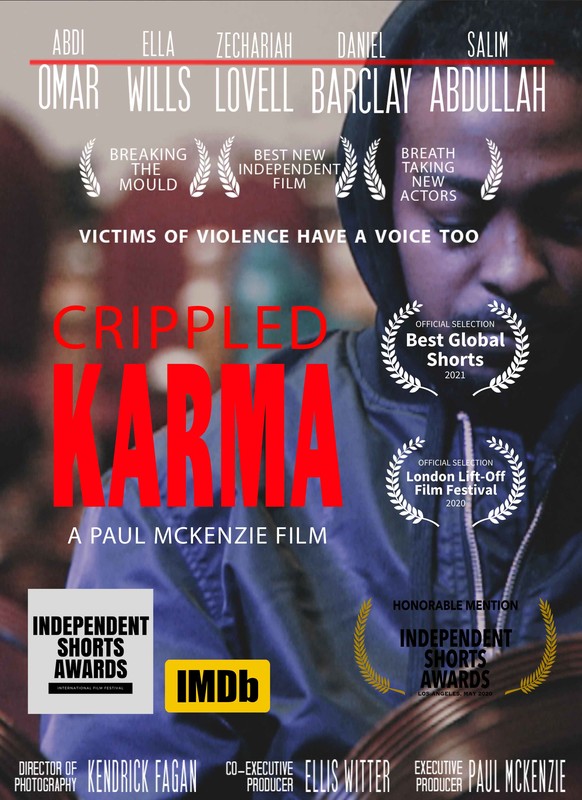County Lines And Criminal Exploitation
County lines is a term used to describe a type of criminal activity where drug dealers from urban areas exploit vulnerable people, including children and young people, to sell drugs in smaller towns and rural areas. The term “county lines” refers to the phone lines that the dealers use to communicate with their customers.
Criminal exploitation, also known as child criminal exploitation or CCE, is a form of child abuse where children and young people are exploited by criminals to commit crimes. This can include drug dealing, theft, or other types of criminal activity.
The exploitation often involves grooming, intimidation, and coercion. Children and young people who are at risk of being exploited may have a range of vulnerabilities, such as being in care, having mental health issues, or being homeless.
The exploitation of children and young people for criminal purposes is a serious problem, and it is important for communities, law enforcement agencies, and social services to work together to protect vulnerable individuals and prevent these types of crimes from taking place.
County Lines is where illegal drugs are transported from one area to another, often across police and local authority boundaries (although not exclusively), usually by children or vulnerable people who are coerced into it by gangs.
The ‘County Line’ is the mobile phone line used to take the orders of drugs. Importing areas (areas where the drugs are taken to) are reporting increased levels of violence and weapons related crimes as a result of this trend.
Children as young as 12 years old have been exploited into carrying drugs for gangs. This can involve children being trafficked away from their home area, staying in accommodation and selling and manufacturing drugs.
The Meaning Of the word Cuckooing
Criminal gangs are targeting the homes of vulnerable people to be used for drug dealing – a process known as “cuckooing” (after the bird that invades other bird’s nests) and victims are often left with little choice but to cooperate. Dealers often approach the vulnerable person offering free drugs to use their home for dealing or in some instances after providing ‘free’ drugs, will then force the person to deal for them in order to ‘re-pay’ their drug debts. These criminals are selective about who they target, a lot of the time victims are lonely, isolated, frequently drug users themselves and are already known to the police. “Cuckooing” means the criminals can operate from a property rather than the street, which is out of sight from the police making it an attractive option. They can then use the premises to deal drugs from, which is difficult for the police to monitor and they often will only stay for a short period of time. What to do if you suspect a property is being ‘cuckooed’? Call Police on 101 or 999 in an emergency to report drug-related information.
How do you know if County Lines drug dealing is happening in your area?
An increase in visitors and cars to a house or flat New faces appearing at the house or flat New and regularly changing residents (e.g different accents compared to local accent) Change in resident's mood and/or demeanour (e.g. secretive/ withdrawn/ aggressive/ emotional) Substance misuse and/or drug paraphernalia Changes in the way young people you might know dress Unexplained, sometimes unaffordable new things (e.g clothes, jewellery, cars etc) Residents or young people you know going missing, maybe for long periods of time Young people seen in different cars/taxis driven by unknown adults Young people seeming unfamiliar with your community or where they are Truancy, exclusion, disengagement from school An increase in anti-social behaviour in the community Unexplained injuries
Exploitation of young and vulnerable people
A common feature in county lines drug supply is the exploitation of young and vulnerable people. The dealers will frequently target children and adults - often with mental health or addiction problems - to act as drug runners or move cash so they can stay under the radar of law enforcement.In some cases the dealers will take over a local property, normally belonging to a vulnerable person, and use it to operate their criminal activity from. This is known as cuckooing.People exploited in this way will quite often be exposed to physical, mental and sexual abuse, and in some instances will be trafficked to areas a long way from home as part of the network's drug dealing business. As we have seen in child sexual exploitation, children often don't see themselves as victims or realise they have been groomed to get involved in criminality. So it's important that we all play our part to understand county lines and speak out if we have concerns.



